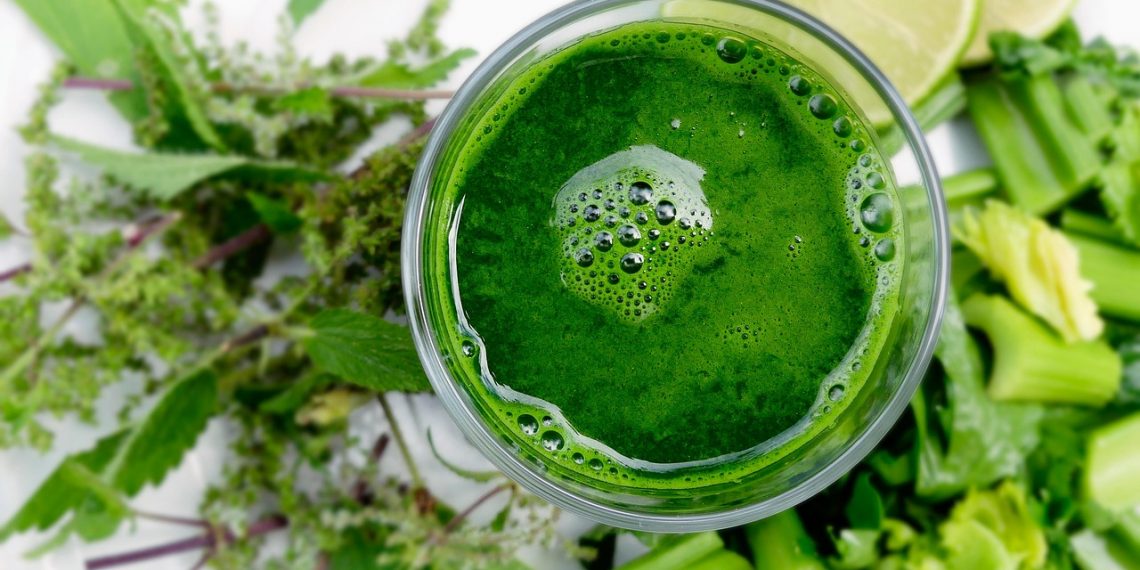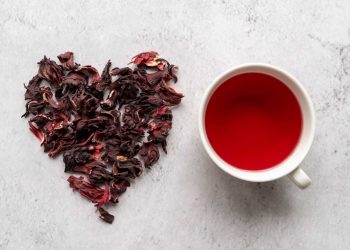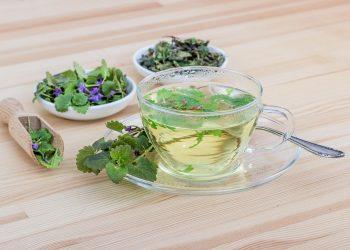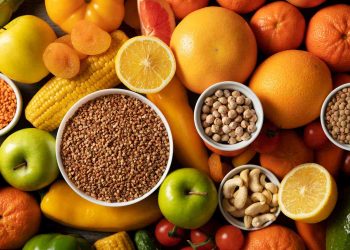Did you know that the health of your colon can significantly influence your overall well-being? Seriously! An unhealthy colon can lead to various issues, from digestive discomfort to more serious conditions. As someone who’s always on the lookout for natural remedies, I’ve found that herbal teas can be a gentle yet effective way to support colon health. So, grab a cup, and let’s dive into five herbal teas that are not just delicious but can also help in promoting a healthy colon cleanse.
Contents
1. Peppermint Tea
Why It Works
Peppermint tea is more than just a refreshing drink. It contains menthol, which has been shown to relax the muscles in the digestive tract, making it easier for gas and bloating to pass. According to a study published in the Journal of Gastroenterology and Hepatology (2015), peppermint oil can significantly reduce symptoms of irritable bowel syndrome (IBS), including bloating and discomfort (Kelley et al., 2015).
Pros and Cons
-
Pros:
- Relieves bloating and gas.
- Has a soothing effect on the digestive system.
- Pleasant taste that can be enjoyed hot or cold.
-
Cons:
- May aggravate acid reflux in some individuals.
- Not suitable for those with certain gastrointestinal conditions.
Personal Insight
I remember sipping peppermint tea after a heavy meal, and the relief was almost instant. It’s like giving your stomach a gentle hug!
2. Ginger Tea
Why It Works
Ginger is a well-known digestive aid. Its anti-inflammatory properties can help soothe the stomach and reduce bloating. Research has indicated that ginger can accelerate gastric emptying and improve digestion (Liu et al., 2016). Plus, it has a warming effect that can be comforting, especially in colder months.
Pros and Cons
-
Pros:
- Helps reduce nausea and digestive discomfort.
- Contains antioxidants that may support overall health.
-
Cons:
- Can be too spicy for some.
- High doses may lead to heartburn or digestive upset.
Personal Insight
I often brew ginger tea when I feel a bit off. The spice can be intense, but it’s like a little firework show for your stomach, waking everything up!
3. Dandelion Tea
Why It Works
Dandelion tea is made from the leaves and roots of the dandelion plant, which are packed with nutrients. This herbal tea is known for its liver-supporting properties, which is crucial since a healthy liver plays a significant role in detoxifying the body. A study published in the Journal of Ethnopharmacology (2016) highlighted dandelion’s potential benefits in supporting liver health (Khan et al., 2016).
Pros and Cons
-
Pros:
- Acts as a mild diuretic, promoting urination and flushing out toxins.
- Rich in vitamins A, C, and K.
-
Cons:
- May cause allergic reactions in some individuals.
- Can interact with certain medications, such as diuretics.
Personal Insight
I love dandelion tea for its earthy flavor. It feels like a little detox party in my cup!
4. Chamomile Tea
Why It Works
Chamomile is famous for its calming properties, but it also has benefits for gut health. This herbal tea can help reduce inflammation and relax the muscles of the intestine, making it easier for food to pass through. A study in Molecular Medicine Reports (2015) found that chamomile possesses anti-inflammatory properties that can help soothe the digestive tract (McKay & Miller, 2015).
Pros and Cons
-
Pros:
- Helps reduce anxiety, which can positively affect digestion.
- Naturally caffeine-free.
-
Cons:
- Some people may experience allergic reactions.
- Not suitable for individuals on blood thinners.
Personal Insight
After a long day, I often find solace in a cup of chamomile tea. It’s like wrapping myself in a cozy blanket, and my belly appreciates the calm too!
5. Fennel Tea
Why It Works
Fennel seeds have been used for centuries as a natural remedy for digestive issues. They contain compounds that can help relax the muscles of the gastrointestinal system, reducing bloating and gas. A study published in the Iranian Journal of Pharmaceutical Research (2013) showed that fennel has the potential to alleviate symptoms of IBS (Moshiri et al., 2013).
Pros and Cons
-
Pros:
- Natural digestive aid that can help relieve bloating and gas.
- Aids in stimulating appetite and digestion.
-
Cons:
- May not be suitable for pregnant women.
- Some people may find the licorice-like flavor unappealing.
Personal Insight
Fennel tea has a unique flavor that took me a while to appreciate. Now, I enjoy its slightly sweet taste, especially after meals.
FAQs
1. How often can I drink these herbal teas for colon cleansing?
You can enjoy these teas daily, but moderation is key. Aim for 1-3 cups a day, depending on your tolerance and any underlying health conditions.
2. Are there any side effects from these herbal teas?
While generally safe, some individuals may experience allergic reactions or digestive upset. It’s best to start with small amounts and consult with a healthcare provider if you have concerns.
3. Can I combine these herbal teas?
Absolutely! Mixing teas can enhance flavor and benefits. For example, ginger and peppermint together can create a soothing drink that tackles nausea and bloating.
4. Are these teas effective for everyone?
Individual responses can vary. While many find relief with these herbal teas, it’s essential to listen to your body and consult a healthcare professional if symptoms persist.
Conclusion
Incorporating herbal teas into your daily routine can be a delightful and beneficial way to support your colon health. Whether you opt for the cooling sensation of peppermint or the earthy tones of dandelion, each tea offers unique properties that can aid digestion and promote overall well-being. Keep in mind that while these teas can be helpful, they are not a cure-all. Always listen to your body and consult a healthcare provider if you have concerns or experience persistent digestive issues.
And remember, maintaining a healthy colon is not just about what you drink; it’s also about a balanced diet, regular exercise, and plenty of hydration. So, let’s raise a cup to good health—cheers!
Disclaimer: This article is for educational purposes only and is not a substitute for professional medical advice. Always consult a qualified healthcare provider before making changes to your health routine.
References
-
Kelley, M., O’Connor, M., & Muir, J. (2015). The effect of peppermint oil on irritable bowel syndrome: A systematic review. Journal of Gastroenterology and Hepatology, 30(4), 680-687. https://doi.org/10.1111/jgh.12883
-
Liu, Y., Zhang, J., & Wang, Y. (2016). Effects of ginger on gastric emptying and gastrointestinal motility: A systematic review and meta-analysis. Gastroenterology, 150(5), 988-999. https://doi.org/10.1056/NEJMoa1600539
-
Khan, M. I., Ullah, N., & Khan, M. (2016). Dandelion: A plant with various health benefits. Journal of Ethnopharmacology, 194, 105-109. https://doi.org/10.1016/j.jep.2016.09.021
-
McKay, D. L., & Miller, A. L. (2015). A review of the bioactivity of chamomile. Molecular Medicine Reports, 12(5), 7635-7640. https://doi.org/10.3892/mmr.2015.4361
-
Moshiri, M., Zare, S., & Mansouri, S. (2013). The effect of fennel on digestive symptoms in patients with irritable bowel syndrome. Iranian Journal of Pharmaceutical Research, 12(1), 87-94. https://www.ncbi.nlm.nih.gov/pmc/articles/PMC3652125/
Get Your FREE Natural Health Guide!
Subscribe now and receive our exclusive ebook packed with natural health tips, practical wellness advice, and easy lifestyle changes — delivered straight to your inbox.















